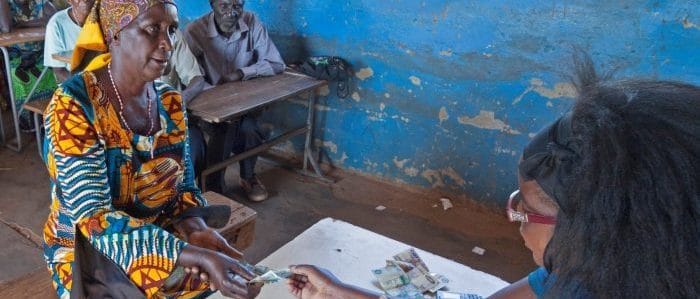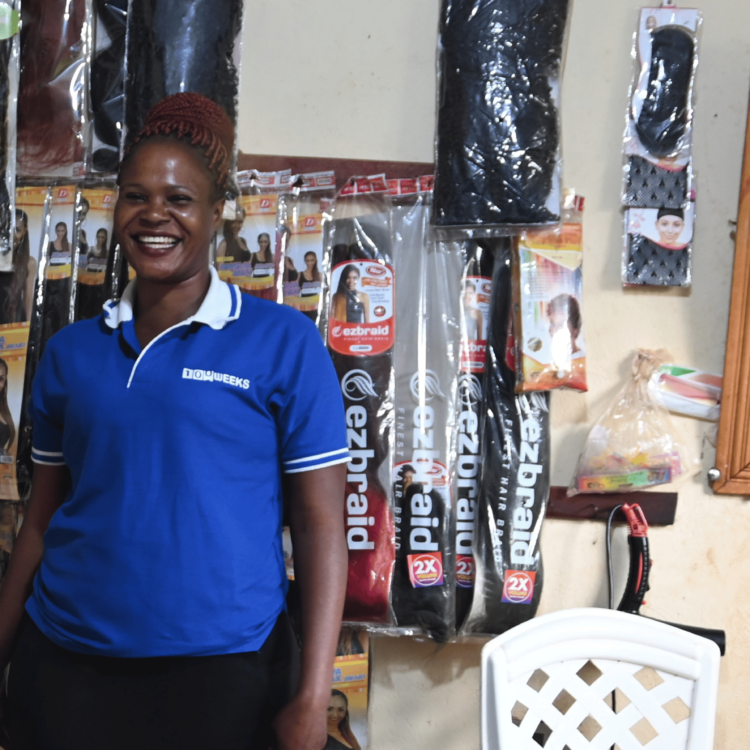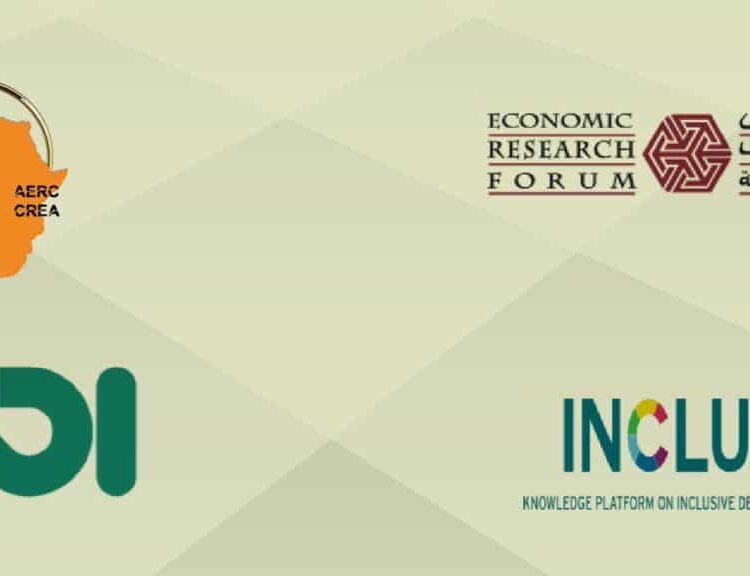
Despite the rise of social protection in developing countries, many question the cost-effectiveness and impact of social protection interventions. To discuss these concerns, INCLUDE and UNICEF co-hosted the seminar Cash transfer or safety net: which social protection programmes are affordable and inclusive? The participants concluded that social protection programmes can have an important impact on poverty alleviation and inclusive development, but only when properly aligned with other new or existing development policies.
Despite the increase in social protection policies, many questions remain about this aspect of development assistance. Are social protection schemes an effective way to alleviate poverty among the poorest groups in developing countries? How do we ensure that they are embedded in a sustainable system and contribute to inclusive growth? And, perhaps the most important question, how do we reach the most vulnerable and marginalized families? These questions were discussed in the seminar Cash transfer or safety net: which social protection programmes are affordable and inclusive? The seminar was organized by UNICEF Netherlands, the INCLUDE knowledge platform and the Dutch Ministry of Foreign Affairs.
Social protection for inclusive growth
Last year marked a shift from the Millennium Development Goals to the Sustainable Development Goals; from a focus on poverty to a focus on inequality. Economic growth is seen as a major driver of poverty alleviation, but research shows that often the middle and upper classes of society are the main beneficiaries of growth. The poorest and most vulnerable groups within society remain excluded. According to speaker Armando Barrientos (Professor of Social Justice at the Global Development Institute, University of Manchester), inclusive growth means that the incomes of the poor increase at faster rates than the incomes of the rich. Inclusive growth is essentially ‘pro-poor growth’. An example is Brazil, where, despite the high inequality, the incomes of the poorest people grew at rates comparable to the Chinese economy, while the incomes of the wealthy increased at rates comparable to the economy of Cote d’Ivoire.
Social protection programmes became popular responses to the challenges of inequality as large-scale cash transfer programmes were implemented by Latin American governments. These programmes have the long-term aim to counter the intergenerational transmission of poverty and include poor families in productive systems. However, their more recent application in low-income countries, mostly in Sub-Saharan Africa, has a different focus. Here, many development organizations have cooperated with governments to provide cash transfers to poor families to reduce poverty mostly in response to short-term crises. But to achieve inclusive growth in the long run it is crucial to look beyond social protection measures. Besides contributing to short-term poverty alleviation, social protection has the potential to remove the obstacles to poor groups participating productively in the economy. More equal societies can be created by a combination of social protection, economic growth and the availability of basic services.
Evidence: The case of UNICEF in Zambia
That cash transfer programmes can work is apparent from the case of Zambia, where around 242,000 households receive a monthly allowance of 70 kwacha ($7) per family. Paul Quarles van Ufford of UNICEF Zambia states that social protection is an investment, not a cost, as it builds human capital and stimulates local economies. National cash transfer support to the poorest households comes at very little cost (1–2% of GDP). Further, social cash transfers have economic benefits for the wider community as the cash received is mostly spent in local shops and on local services, thereby stimulating the local economy.
In addition to the economic benefits, social cash transfers bring social benefits. Beneficiaries report higher levels of well-being and greater dignity. For example, research shows that social cash transfers help recipients affected by HIV to overcome the stigma. Social protection is also linked to higher school enrolment rates for children and better access to healthcare. As such, it can be regarded as an effective means to stimulate both economic and human development.
Fragmented cash transfer programmes
The detailed arrangements of cash transfer programmes differ as they serve different objectives and respond to different contexts and they are also often combined with other services to ensure a sustainable impact. Cash transfers can be conditional or unconditional. Unconditional transfers may be spent by the recipients in any way they choose, whereas recipients of conditional cash transfers have to fulfil certain conditions. Conditional cash transfers have been shown to be inefficient, as monitoring is highly resource-intensive. The cost-effectiveness of conditional and unconditional transfers is still debated, as it depends on the objectives in each case. Unconditional cash transfers can induce investments in aspects of development other than the chosen objectives. As their benefits can be more indirect, in some situations they may be preferred.
Although the diversity in project design addresses the varied needs of beneficiaries in different contexts, Armando Barrientos explained that cash transfer programmes are highly fragmented, especially in Sub-Saharan Africa where they are numerous and often poorly coordinated, leading to overlap in some areas and leaving the poor excluded in other areas. Barrientos stated that a limited number of well-coordinated large-scale programmes is more effective than a large number of fragmented programmes. Nevertheless, coordination in Sub-Saharan Africa faces additional challenges, because cash transfer programmes are usually implemented by relatively weak ministries. Donors can therefore play an important role by supporting the coordination of cash transfers to improve their effectiveness and ensure that the most vulnerable groups are targeted.
A magic bullet?
The panellists agreed that cash transfers are an effective means of targeting the poorest groups, but that they are no magic bullet in themselves. Four challenges need to be addressed to optimize the impact of transfers. First, as speaker Nicholas Awortwi of the Partnership for African Social and Governance Research (PASGR) and member of the INCLUDE Knowledge Platform stated, policies should address the interrelation between social protection and productive employment, and their successful implementation depends on identifying and connecting strategic actors. Second, Nicholas Awortwi explained that we should not only look at the evidence for successes, but create evidence-based exit strategies in order to avoid dependency. Third, targeting poor and excluded households can be difficult and resource-intensive. A universal approach to cash transfers may therefore be more efficient. Finally, different programme designs serve different objectives. It is especially important to find examples of programmes that achieve a long-term impact and better understand how cash transfers can move beyond being safety nets and lead to inclusive growth.
Despite the challenges, there are strong ethical and efficiency arguments in favour of cash transfers, which may be the best available tool to support poor and vulnerable households. This calls for further investment in cash transfers and better coordination of interventions, but also for learning more about which type of programmes work and which do not. To this end, the INCLUDE and UNICEF seminar series is continuing with a second meeting on 29 September 2016 at the Ministry of Foreign Affairs in The Hague.





Greetings! Veery useful advice in this particular post!
It is the liytle changes that maoe the biggest changes.
Many thanks foor sharing!